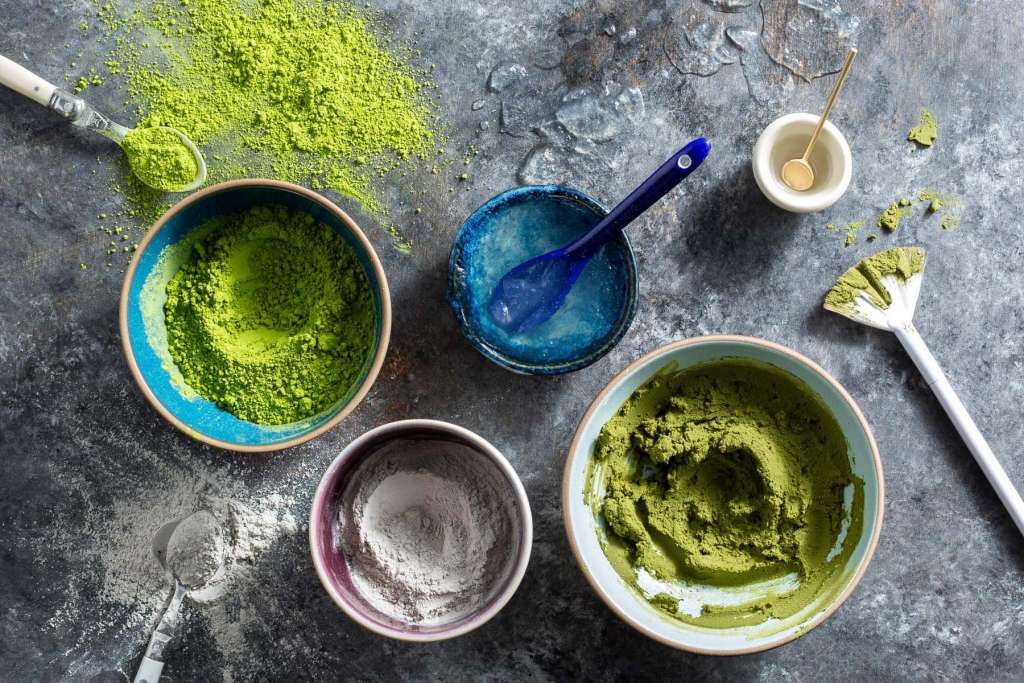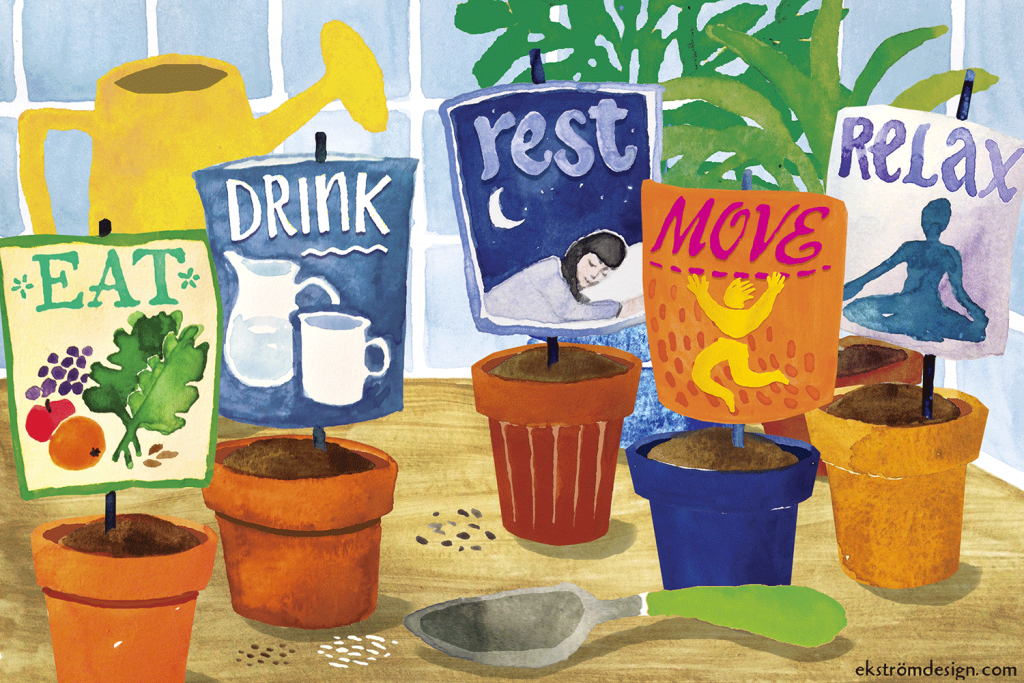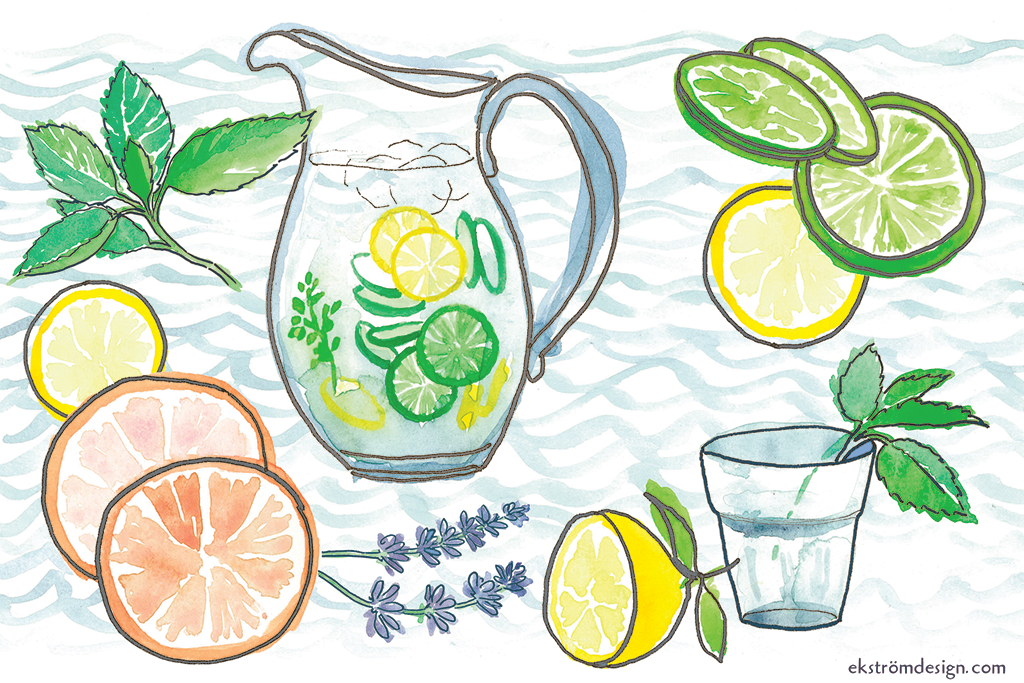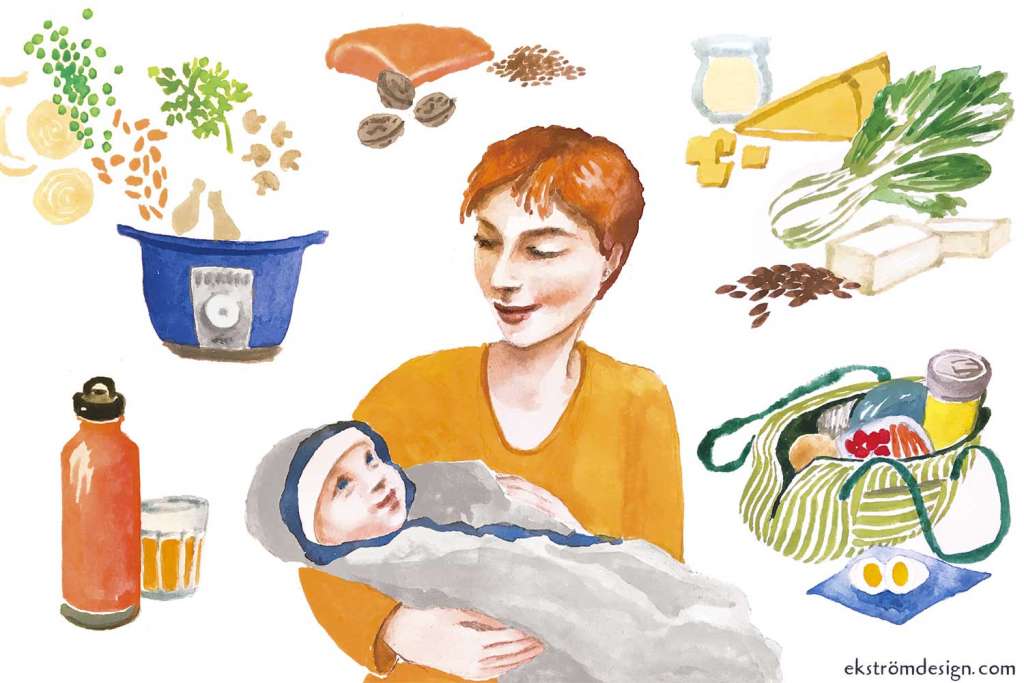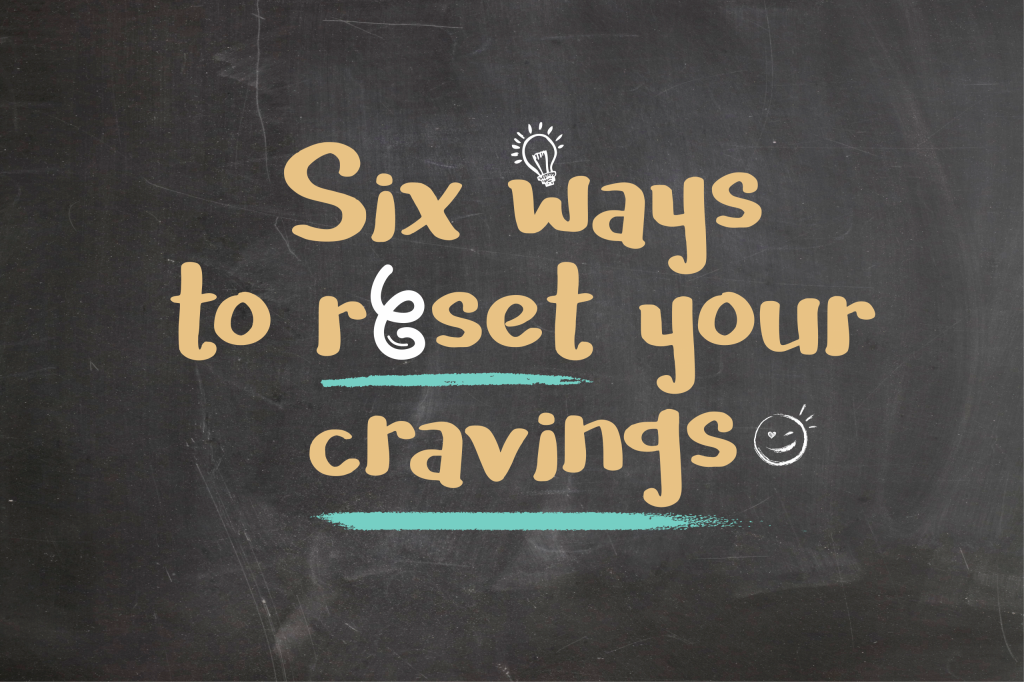Let’s Talk Detox
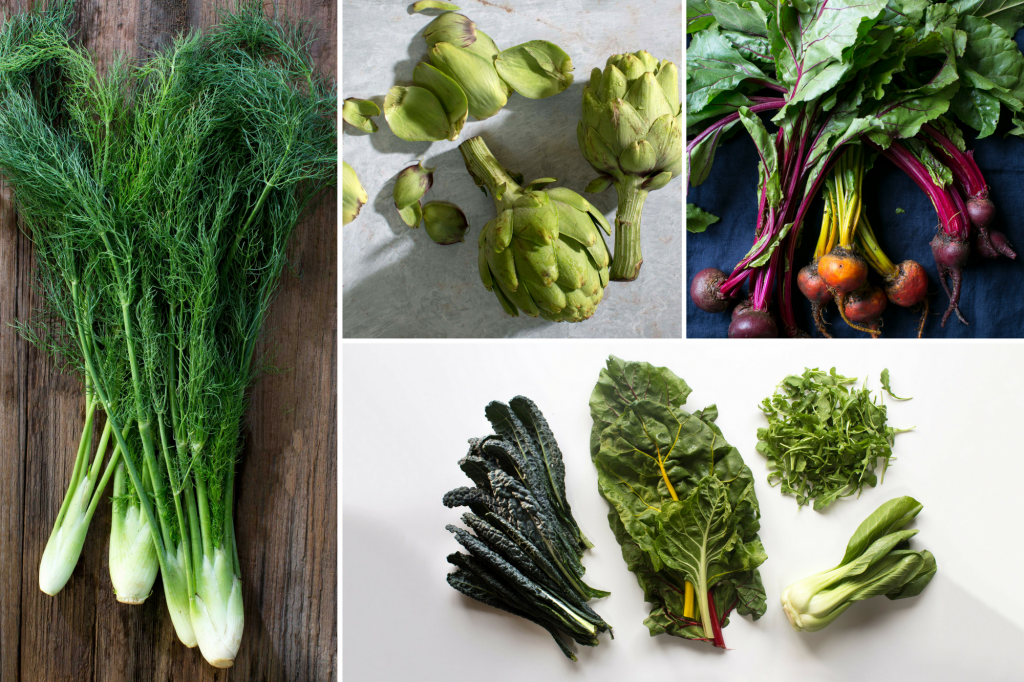
Nutritionists throw a lot of words around, but to tell you the truth, we’re not always sure what they mean or why they might be important. For instance, detox. Diets that promise to rid our bodies of so-called toxins are popular. While expensive juice-based diets can be very effective at flushing out your bank account, there’s little science-based evidence to suggest that these regimens offer much in the way of health benefits.
To be sure, toxins exist. Things like pesticides, lead, excess amounts of alcohol, and medications can take their toll, but our bodies are well designed to rid themselves of these with their own in-house detox system—otherwise known as your liver and kidneys.
The liver separates nutrients from waste chemicals, converts amino acids into proteins to build lean muscle mass and enzymes, and produces bile, essential for digesting fatty foods. The kidneys work as a filtering system for your blood (120 to 150 quarts each day to produce about 2 quarts of urine) to keep its composition stable. Together, these organs keep toxins from building up in your body.
According to Sun Basket’s team of dietitians, a diet based solely on the notion of getting rid of toxins is not a good idea. Still there’s plenty of evidence that eating nutrient-rich whole foods, including ones that promote liver and kidney function, can do us all a world of good.
What follows is a list of foods that support liver and kidney function and contain ample fiber to keep toxins from hanging around too long.
Alliums— (includes onions, leeks, garlic, and chives)
Artichokes
Avocados
Beets
Brassicas (includes cabbage, Brussels sprouts, broccoli, kale, turnips)
Cayenne
Celery
Cilantro
Citrus
Cranberries
Fennel
Watercress
Support your personal detox system with our Grilled pork with nectarine-watercress salad and Quinoa and black-bean tacos with cabbage slaw,
